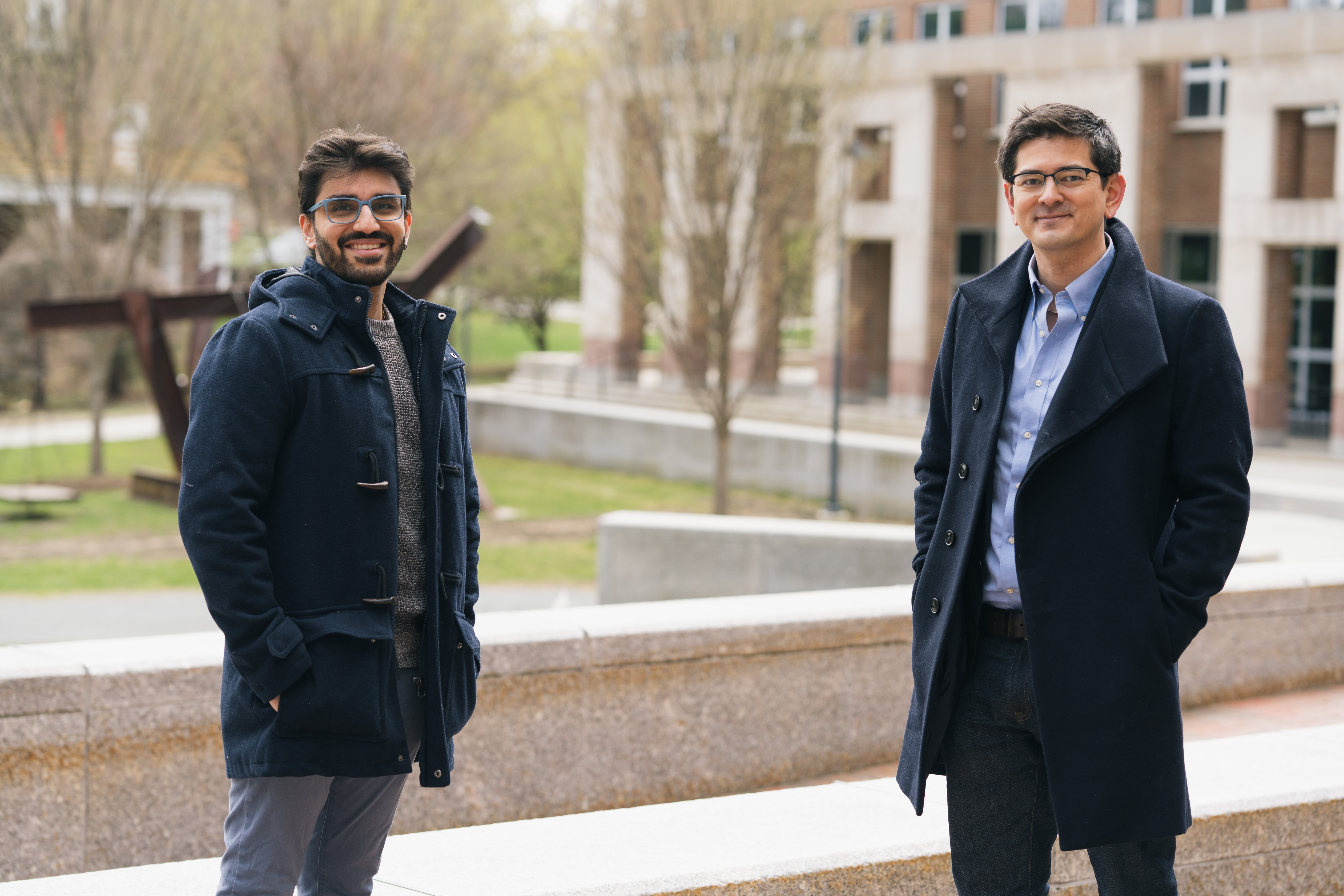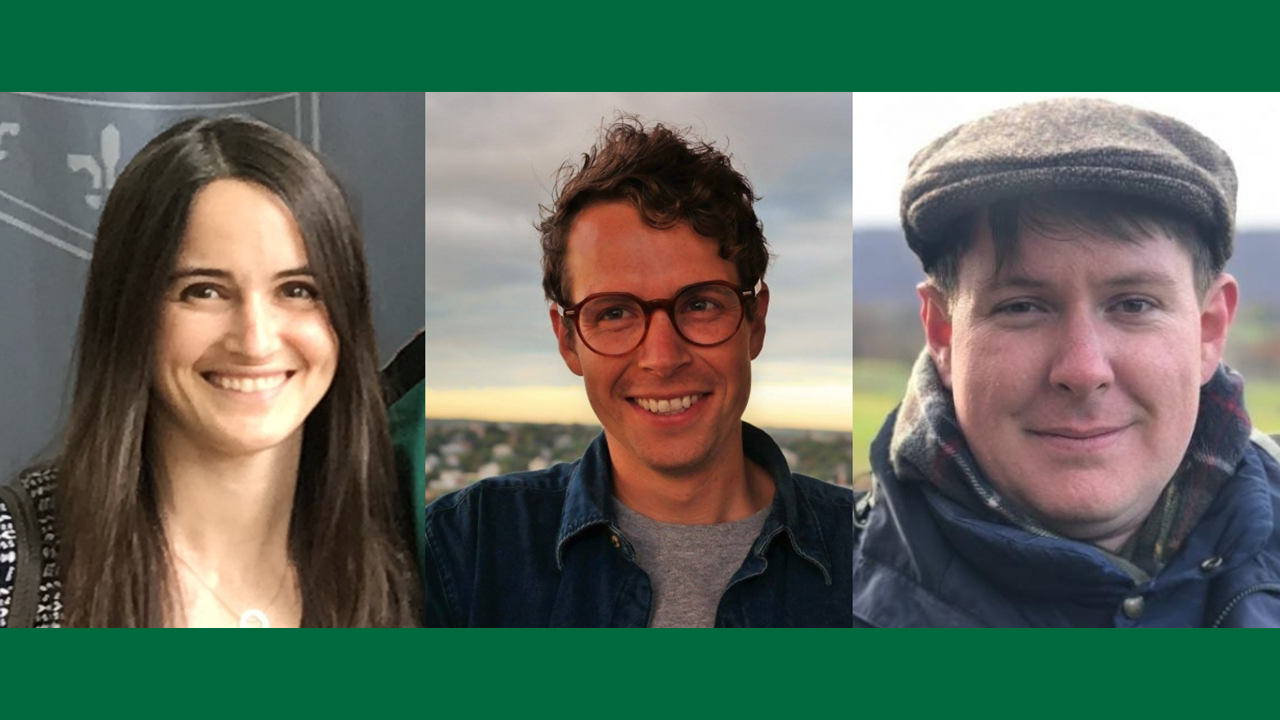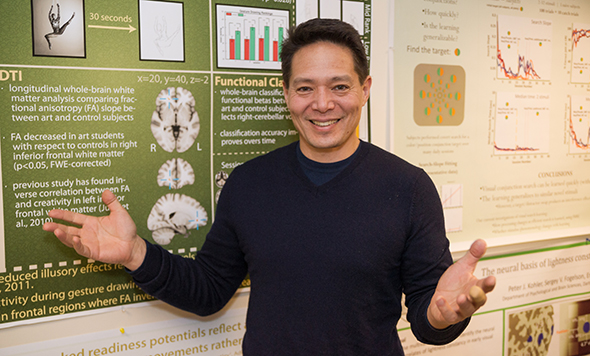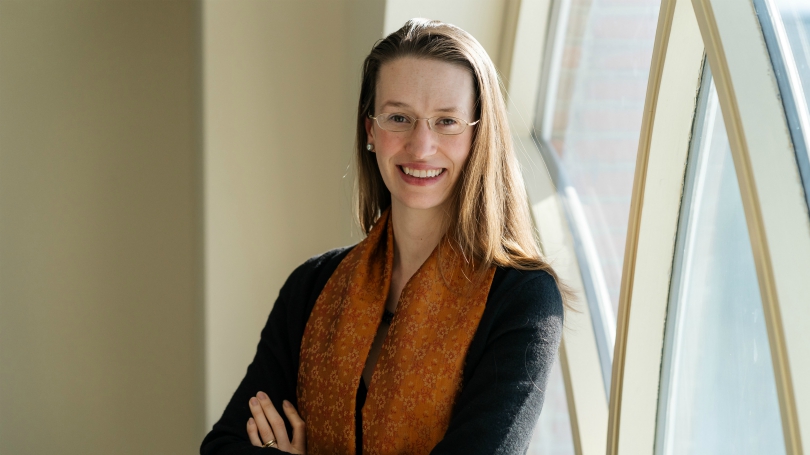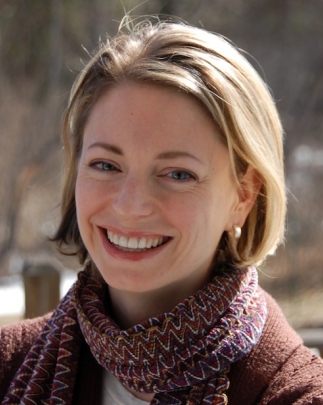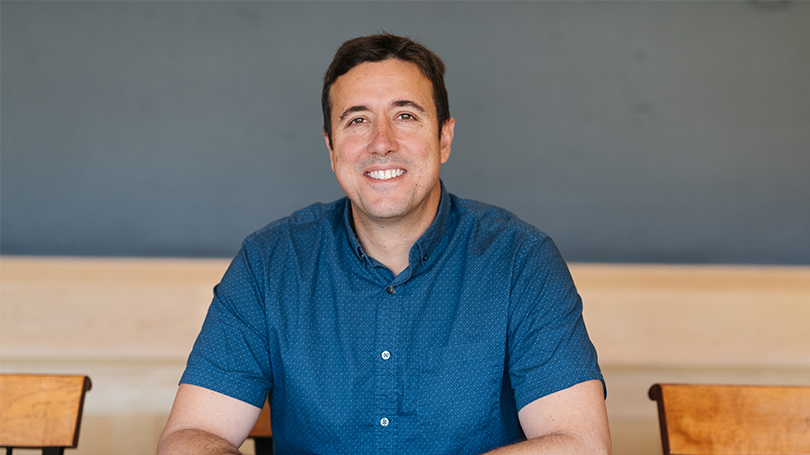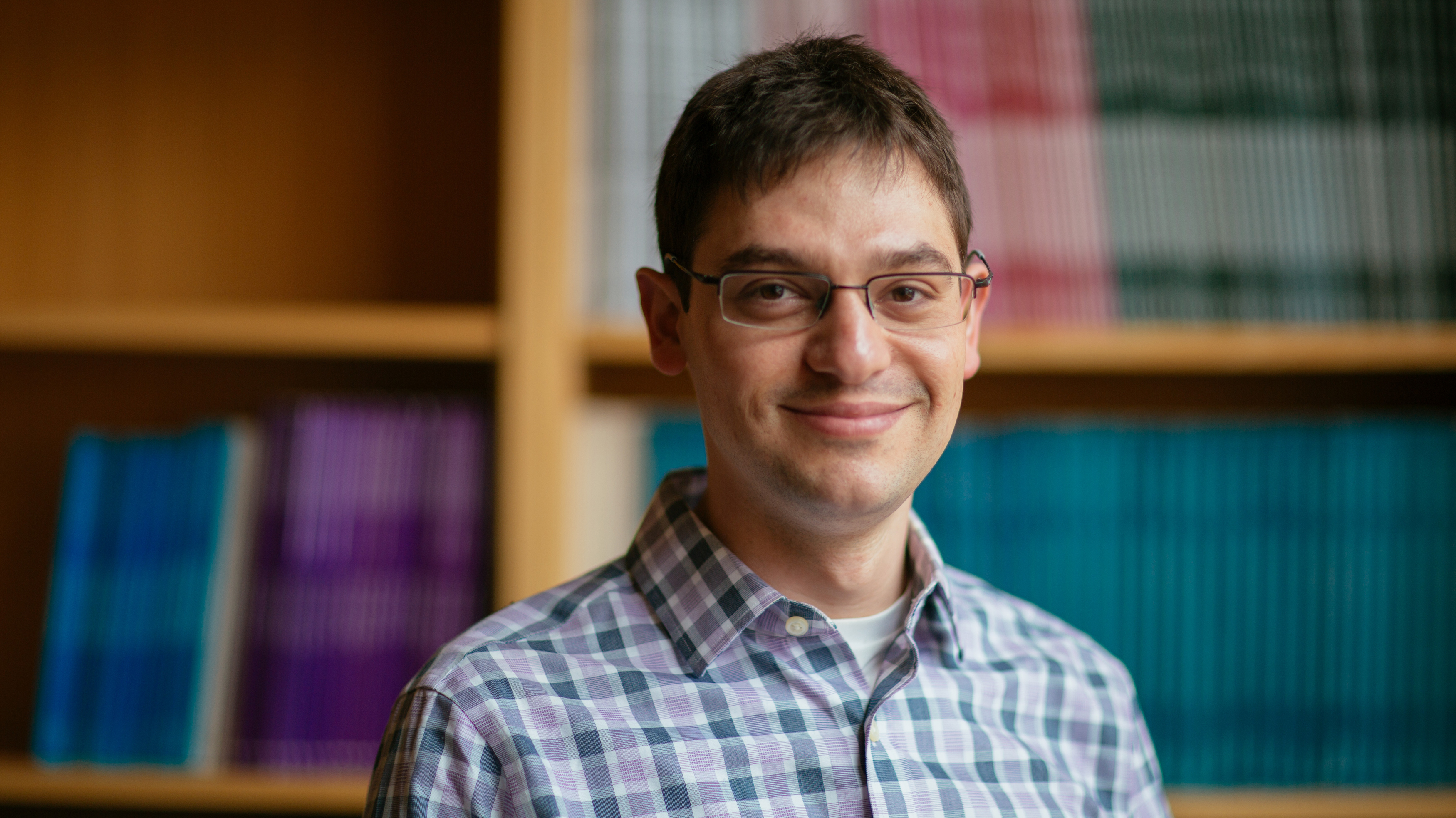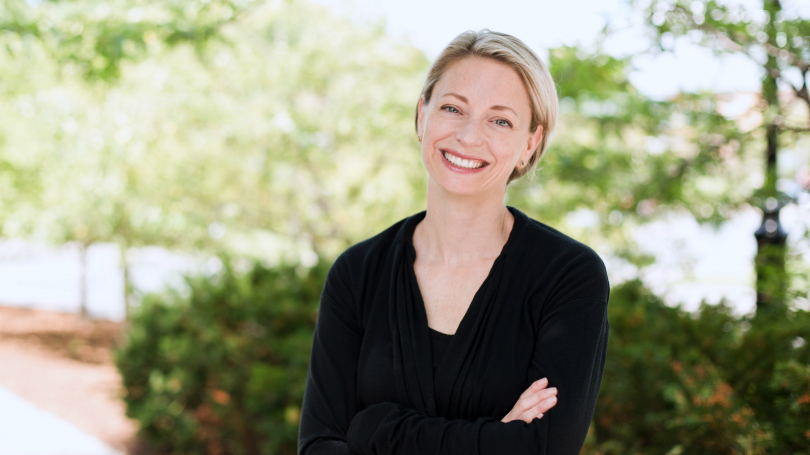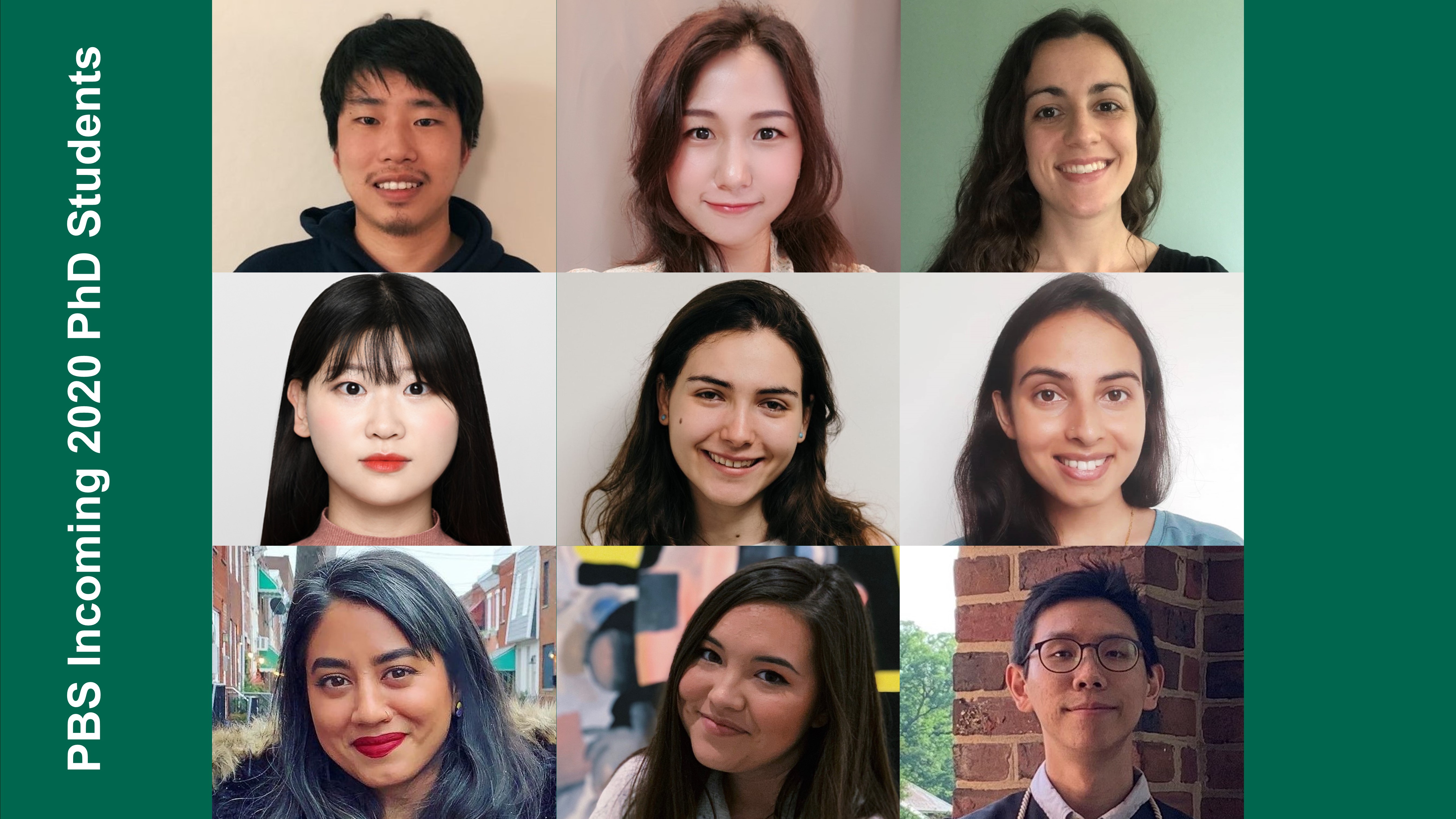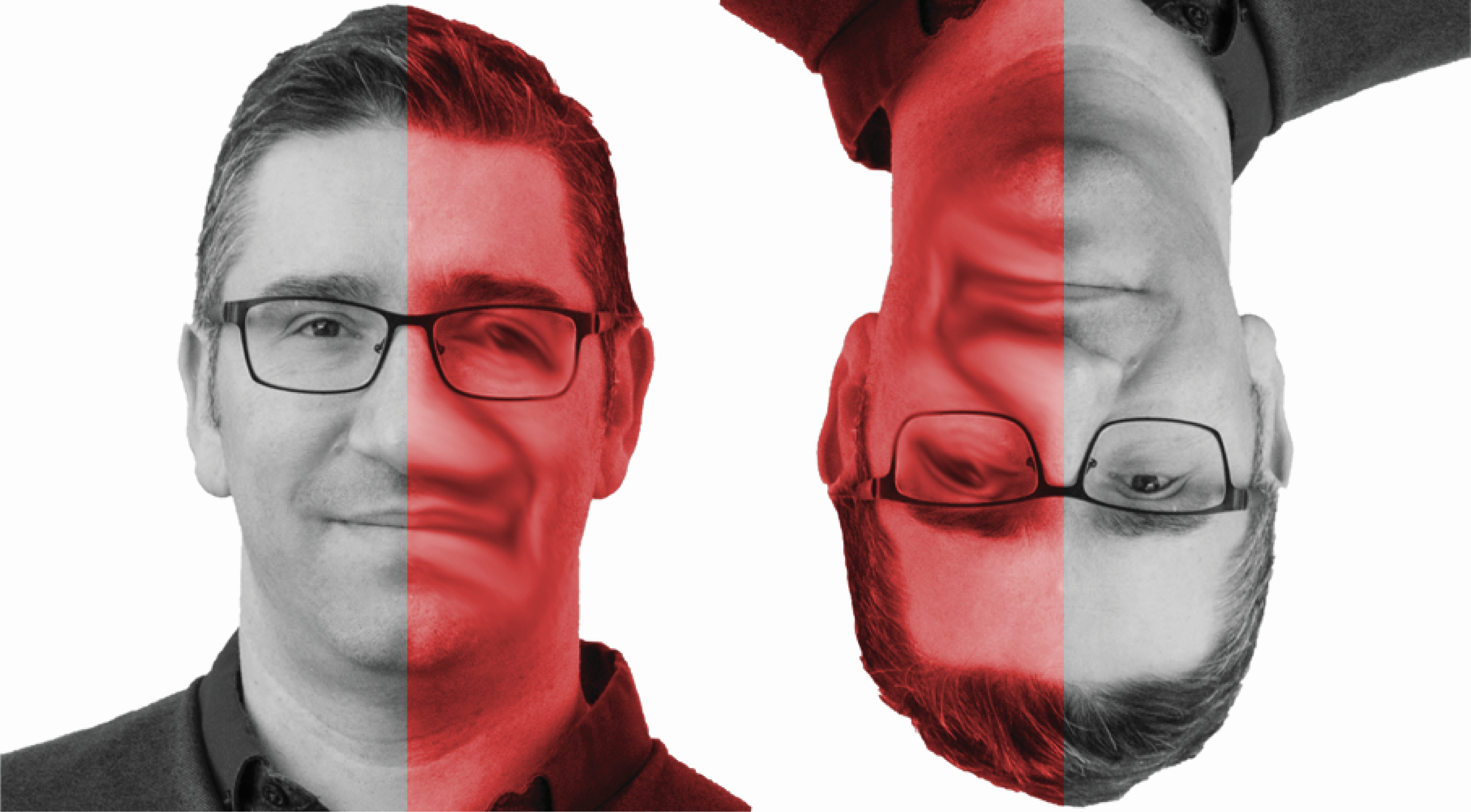Dartmouth study shows it creates social connections and allows for indirect learning.
News
April 07, 2021
Three Dartmouth professors honored with "Rising Star" award from the Association for Psychological Science for their early career achievements.
March 11, 2021
"When we're paying full attention – like a small child – to events, we'll notice the succession of events. This will expand our experience of time. It will give us a much richer experience of the world. Everything – once you pay attention to it – is really quite amazing." - Dr. Peter Tse
March 03, 2021
The students of Dr. Caroline Robertson's 21W Cognitive Neuroscience class can better understand course concepts by directly experiencing some of the psychological phenomena that they are learning about. Assistant Professor Robertson was awarded a grant from the Dartmouth Center for the Advancement of Learning, in collaboration with John Bell at the Dev Studio, to develop VR experiments and experiences for the class.
March 03, 2021
Regarding conversations, Dr. Wheatley told Scientific American journalist Rachel Nuwer, they are "such an elegant expression of mutual coordination, and yet it all falls apart at the end because we just can't figure out when to stop."
March 01, 2021
Much of the benefit that a person gets from taking a real drug or receiving a treatment to alleviate pain is due to an individual's mindset...
February 10, 2021
The human brain is constantly evaluating which aspects of experiences to either remember for later, ignore, or forget. Dartmouth researchers...
October 12, 2020
"Endowed professorships provide a means of recognizing the scholarship and teaching of some of our most accomplished faculty members," says Dean of the Faculty of Arts and Sciences Elizabeth Smith. "Their contributions to the creation and dissemination of knowledge at Dartmouth and beyond are truly extraordinary."
September 11, 2020
The Department of Psychological and Brain Sciences is pleased to welcome our newest PhD students beginning in the fall of 2020.
September 02, 2020
"Every time we see a face, the brain adjusts our representation of that face so its size, viewpoint, and orientation is matched to faces stored in memory, just like computer face recognition systems such as those used by Facebook and Google." - Brad Duchaine
